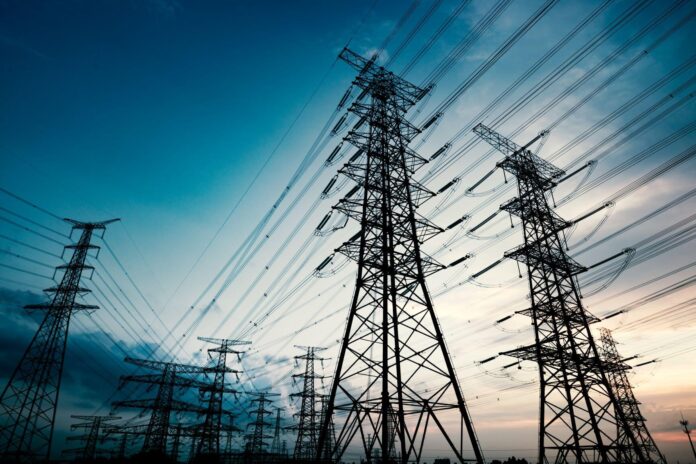ISLAMABAD: The Pakistan Association of Large Steel Producers (PALSP) has urged the government not to increase the cost of electricity for the steel sector, warning of disastrous consequences for the steel industry of the country in particular and the local steel industry in general.
According to reports, the cost of electricity for industries is likely to jump by 36 per cent as the government, following its commitment with International Monetary Fund (IMF), is mulling over an increase of minimum Rs5.65 per unit in the power tariff before October.
Voicing serious concerns about the expected increase in tariff, industries and trade bodies have started approaching the government to oppose the move.
In a recent letter to various ministries, the association said that steel is an energy intensive sector and one of the major consumers of electricity.
“The government increased the cost of electricity by 16 per cent earlier this year. Another major increase in the power tariff will create a crisis like situation for the sector which is already struggling,” the letter explained.
Earlier in February, the government increased energy tariffs by Rs1.95 /kwh in variable charges and Rs40/kwh per month increase in fixed charges.
The letter said that the decision will create more difficulties for manufacturers in a country where the cost of doing business is already high, adding that the industry has been under performing for a long time owing to continuous rise in the cost of inputs.
Speaking to Profit, an office bearer of PALSP said that over the past two years, the steel industry has absorbed massive cost increases by reducing its profit margins to provide cost effective material to the construction sector despite Covid-19 lockdowns. “Massive currency depreciation, high interest rates, and increase in electricity costs have also inflated the losses”.
The official said that the proposed increase in electricity cost will not only hit manufacturers but the government and consumers will suffer as well. Because the higher steel prices could jeopardize the government’s plans to encourage the construction sector in general and housing in particular.
“The consumer pays heavy fixed charges for electricity connections while all costs of the distribution system, including the grid, cable, substation, transformer etc., have to be paid by the consumer too. If we compare ourselves with neighboring countries, in Bangladesh, fixed charges are only 70.92 US cents for B4 customers while Pakistan charges its 250 US cents,” the official added.
It may be noted that if announced, the decision would nullify the industrial package announced in November 2020, forcing the steel industry to increase steel prices which will eventually affect government public spending programmes like the Naya Pakistan Housing Scheme (NPHS) project.
Such a high power tariff can also affect the economic revival plan.
It may recalled that the federal cabinet last month had approved the promulgation of an ordinance aimed at preparing a legal path to increase the power tariff to collect Rs884 billion from consumers.
It was the second emergency summary that the federal cabinet had approved through circulation in an attempt to save the International Monetary Fund Programme (IMF) from collapsing again.

























Enough capacity for utilising Wind Power for the steel convertor units, in Sindh, Punjab. Total, Shell, Telenor for Ocean Currents, besides wind power. Please isolate yourselves with Renewable which is Wind Power.